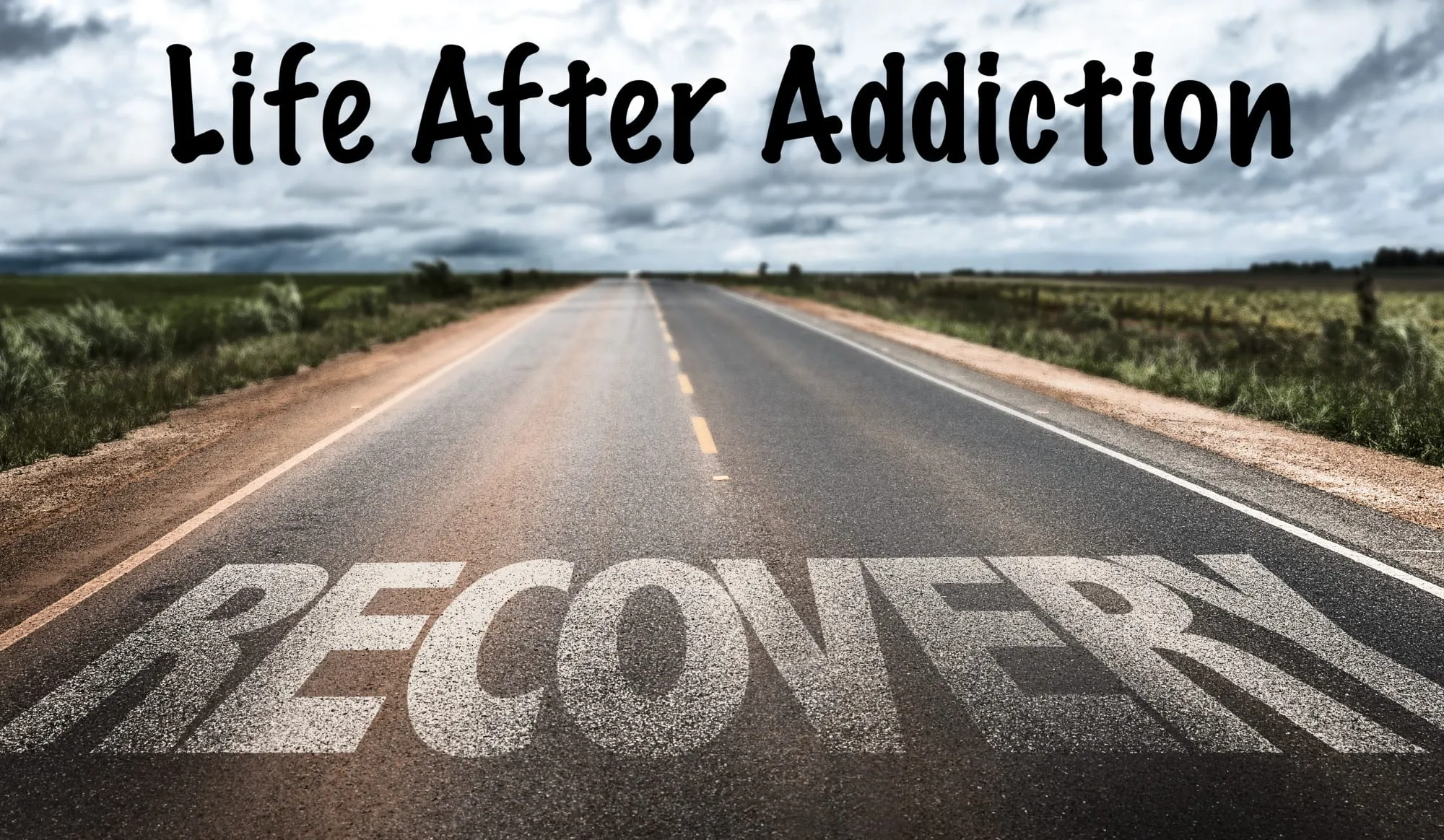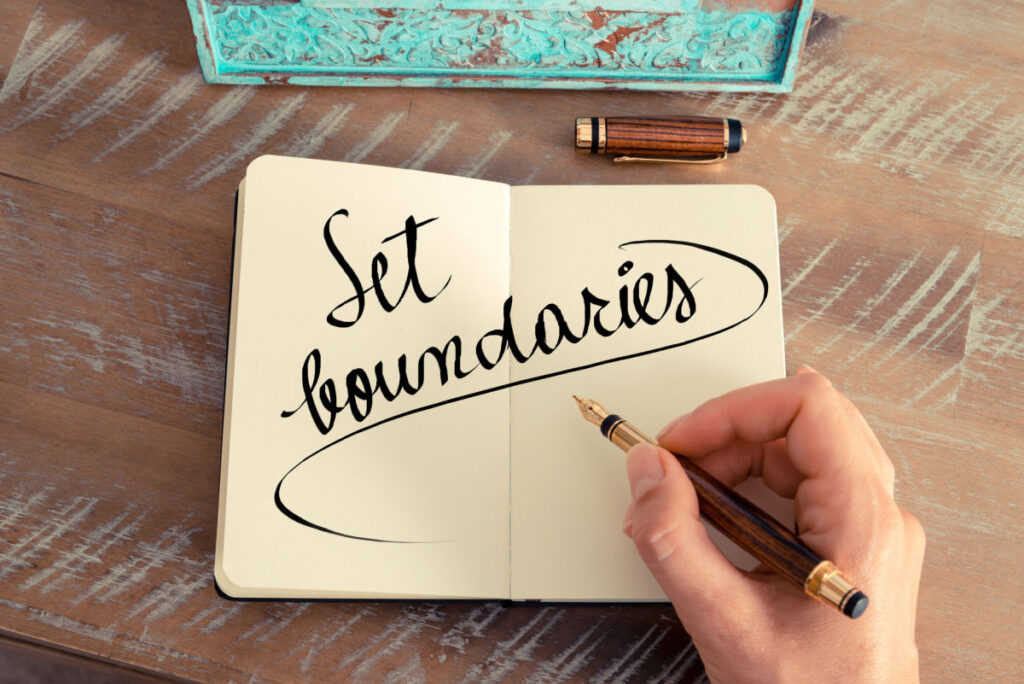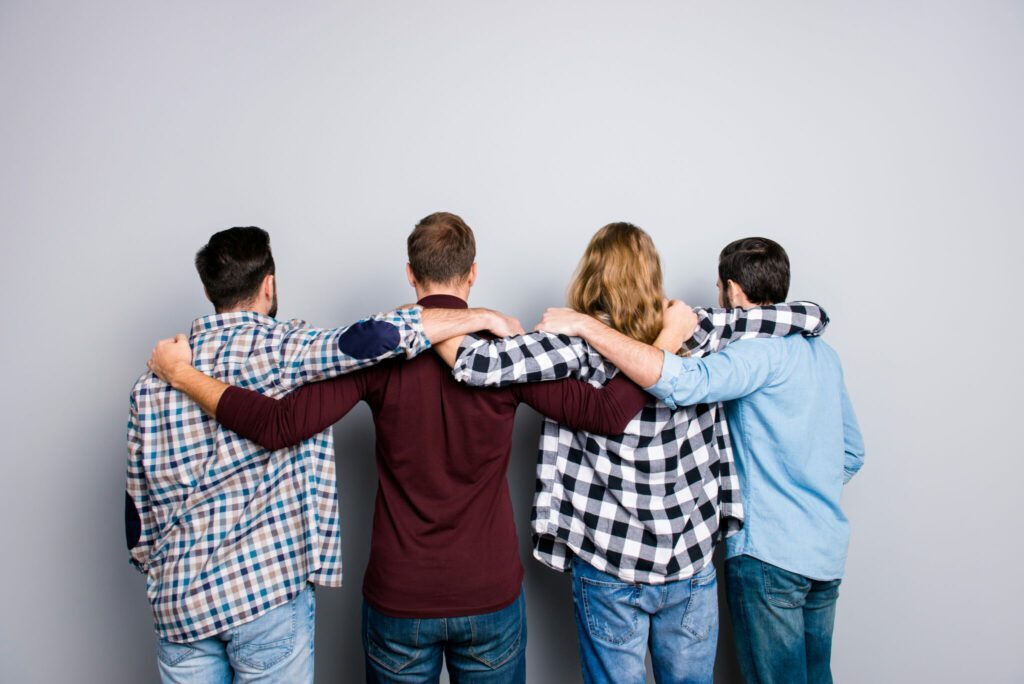
Addiction takes a tremendous toll not just on the person dealing with it, but also on their loved ones. When someone is in the depths of addiction, they often become unreliable and untrustworthy to family and friends. Lies get told, promises are broken, and betrayals of trust occur. This can seriously damage relationships.
If you or someone you love has come through addiction and is now in recovery, one of the biggest challenges can be rebuilding broken relationships and trust. The pain of the past can cast a long shadow. But with time, effort and commitment on both sides, healing can happen.
To start, read more here to get helpful information, especially before looking for a treatment center:
Table of Contents
Engage In Joint Healing Activities

Source: riahealth.com
Healing together can be a powerful way to strengthen your relationships. Engaging in activities that promote mutual understanding and connection helps repair emotional distances and rebuild trust and empathy among everyone involved. Consider these options for joint healing activities:
- Attending Support Groups Together: Participating in support groups can provide both you and your loved ones with insights into the challenges of recovery and the impact of addiction on relationships. It offers a platform for learning from others’ experiences and sharing your own, fostering a sense of community and mutual support.
- Participating In A Shared Hobby: Finding a hobby that you and your loved ones can enjoy together can be a great way to rebuild your relationship. Whether it’s painting, hiking, cooking, or any other activity, shared hobbies provide opportunities to create new, positive memories and strengthen your bond.
- Spending Quality Time Together: Simply spending time together without the pressures of everyday stresses can be healing. It could be regular family dinners, movie nights, or walks in the park. These moments allow you to enjoy each other’s company and reconnect on a deeper level.
- Engaging In Physical Activities: Physical activities, such as joining a fitness class, yoga, or cycling together, not only improve physical health but also enhance mental well-being. These activities release endorphins, which can improve mood and reduce stress, allowing you to maintain a healthy lifestyle outside. It also makes them beneficial for both recovery and relationship building.
By incorporating these activities into your recovery process, you and your loved ones can work together towards healing and rebuilding the trust and intimacy that may have been lost.
Communicate Openly And Honestly
Open communication is crucial in rebuilding relationships. It involves more than just talking; it’s about sharing your thoughts and feelings honestly while being willing to listen to what others say. Here are some key points to keep in mind:
- Express Your Feelings Clearly: Use ‘I’ statements to express your thoughts and feelings without blaming others. For example, instead of saying, ‘You made me feel ignored,’ try, ‘I felt ignored when I didn’t hear from you.’ This approach promotes a more constructive conversation and helps avoid defensiveness.
- Listen Actively: Give your full attention to the other person, showing that you value their feelings and perspective. Active listening involves hearing the words and understanding the emotions behind them. Reflect back on what you’ve heard to ensure you’ve understood correctly and to show empathy.
- Validate The Feelings Of Others: Recognize and acknowledge the emotions of those you’re speaking with. Validation doesn’t necessarily mean agreement, but it does signal that you respect their feelings as legitimate and important. This can help bridge emotional distances and foster mutual respect.
- Be Honest But Compassionate: While honesty is vital, being compassionate in your communication is equally important. Honesty without compassion can be hurtful, so strive to balance truthfulness with sensitivity to the feelings of others.
- Encourage Open Dialogue: Create a safe space for open dialogue, where each person feels comfortable expressing their thoughts and feelings without fear of judgment or reprisal. This encourages transparency and helps build a foundation of trust.
By prioritizing these communication strategies, you can strengthen your relationships through mutual understanding and empathy. Remember, effective communication is a skill that takes time and practice to develop, but its impact on your relationships can be profound and lasting.
Set Boundaries For A Healthy Relationship

Source: facebook.com
Setting boundaries is an essential part of any healthy relationship, especially in the context of recovery. These boundaries help define what is acceptable behavior and what isn’t, ensuring that both your needs and the needs of your loved ones are respected.
Discuss these boundaries openly and agree on what is best for everyone involved. This mutual understanding will lay the groundwork for a healthier, more balanced relationship. When setting these boundaries, consider the following points:
- Emotional Boundaries: Make it clear what kind of emotional support you can offer and receive. Understanding each other’s emotional needs and limits can prevent feelings of being overwhelmed or neglected.
- Time Boundaries: Allocate time for your recovery activities, family, work, and leisure, ensuring you don’t neglect one area of your life for another. It’s important to balance your commitments to maintain a healthy lifestyle.
- Physical Boundaries: Discuss and respect each other’s need for personal space. Physical boundaries also include considerations for personal privacy and comfort levels with physical affection.
- Financial Boundaries: Establish clear guidelines around money, especially if financial issues have been a source of conflict in the past. Agree on budgeting, spending, and saving strategies that support your recovery and the well-being of your relationship.
By being clear about these boundaries, you protect your journey of recovery and foster a supportive and understanding environment where your relationships can thrive.
Seeking Professional Help

Source: goodwin.edu
Sometimes, the damage to relationships can be so profound that professional help is needed. Couples or family therapy can provide a safe space for everyone involved to express their feelings, confront issues, and learn healthy ways to communicate.
A therapist can offer guidance and support as you navigate the complexities of rebuilding your relationships. Here are a few additional points to consider when seeking professional help:
- Tailored Approach: Professional counselors can offer a tailored approach to therapy, considering the unique dynamics of your relationships and the specific challenges you face. They can introduce coping strategies and communication techniques that are most likely to foster healing and understanding.
- Neutral Ground: A therapy session offers a neutral ground where each party can feel safe to share their feelings without judgment. This impartial setting can help defuse tensions and promote a more open, honest dialogue.
- Support Network: Therapists can also guide you in building a broader support network, connecting you with groups and communities that can offer additional support and understanding. This network can be invaluable as you continue to navigate the complexities of recovery and relationship rebuilding.
Engaging in professional therapy can significantly enhance the process of mending relationships, offering structured support and expert guidance to ensure you and your loved ones can move forward together.
Practice Forgiveness
Forgiveness, both of yourself and others, is a critical component of healing. Letting go of past resentments and guilt can liberate you from the chains of your past, opening the door to a brighter future. Here are some additional insights into practicing forgiveness:
- Self-Forgiveness: Begin with forgiving yourself for the mistakes made during the grip of addiction. Recognize that your past actions were influenced by factors beyond your full control and that recovery offers a chance for redemption. This internal forgiveness is vital for self-healing and is the first step towards convincing others of your change.
- Forgiving Others: Sometimes, the actions of others may have contributed to your journey into addiction or the challenges faced during recovery. Forgiving those who you feel may have wronged you is not about condoning their actions but about freeing yourself from ongoing resentment or anger, which can hinder your progress.
Forgiveness is a process that requires patience and self-compassion. It’s okay to take it one step at a time.
Cultivate New Relationships

Source: jaywalkerlodge.com
As you rebuild your life post-addiction, cultivating new relationships becomes a critical element of creating a supportive and positive environment. These fresh connections can introduce new energy and perspectives, essential for sustaining your recovery journey. When seeking out new relationships, consider the following:
- Look For Positive Influences: Surround yourself with people who embody the lifestyle you aspire to maintain. Positive influences can inspire and motivate you, providing examples of healthy living and decision-making.
- Join Supportive Communities: Engage with groups or communities that share your interests or experiences, especially those that understand the journey of recovery. This could be a hobby group, a sports team, or a recovery support group. Such communities offer companionship, empathy, and understanding, making them invaluable in your continued growth.
- Be Open To New Experiences: New relationships often come from stepping out of your comfort zone and trying new activities. Whether it’s taking a class, volunteering, or attending social gatherings focused on healthy living, these experiences can open doors to meeting people who share your values and aspirations.
By actively seeking out and engaging in relationships with individuals and communities that support your new path, you enrich your own life and strengthen your foundation for a lasting recovery.
Conclusion
Rebuilding relationships and trust after addiction is a journey of healing, understanding, and growth. It requires time, patience, and a commitment to change. By embracing open communication, making amends, setting healthy boundaries, and engaging in joint healing activities, you can forge stronger, more meaningful connections with those you love. Remember, the path to recovery is not walked alone; it’s a shared journey that can lead to a deeper, more fulfilling life.







